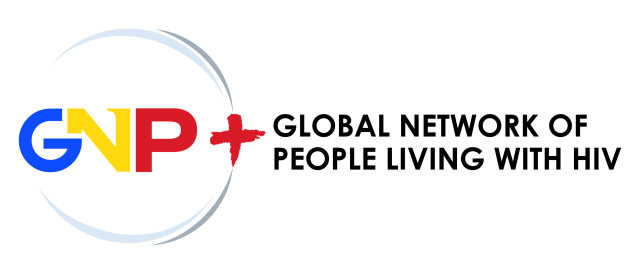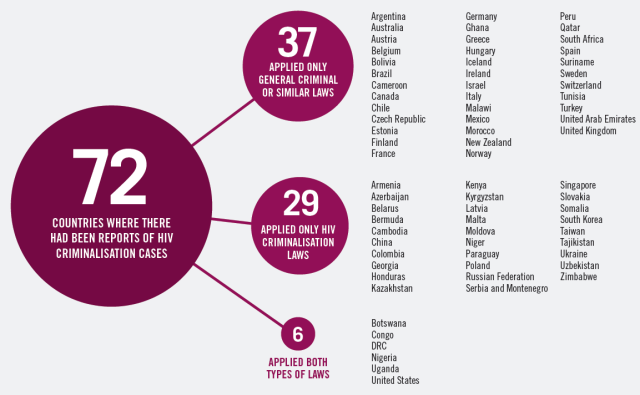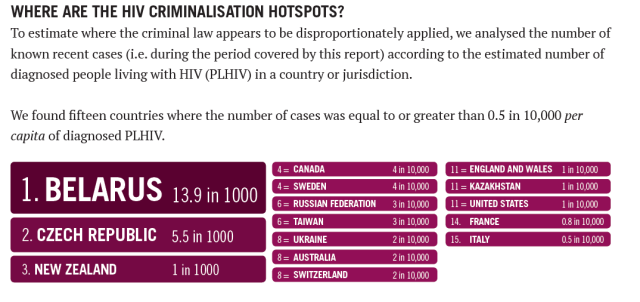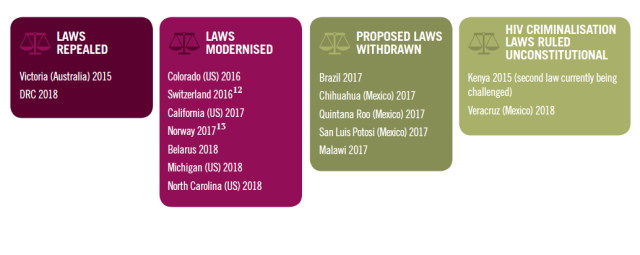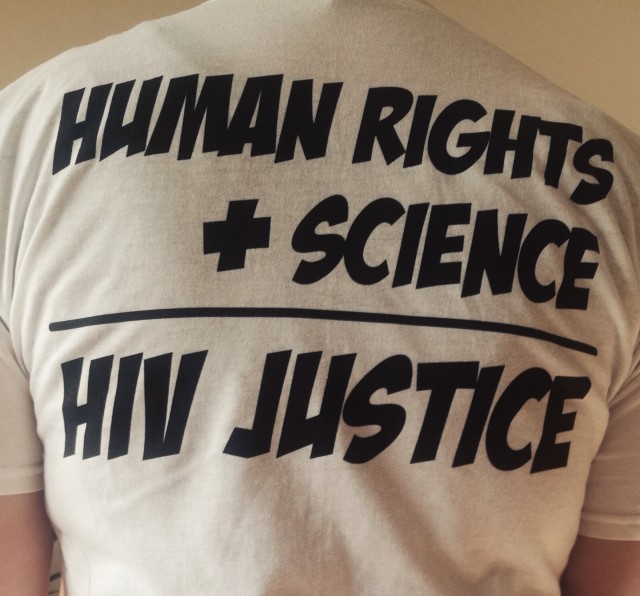Source: Chronicle, July 22,2019
Government moves to decriminalise HIV transmission
Zvamaida Murwira, Harare Bureau
GOVERNMENT has moved to decriminalise wilful transmission of HIV to a partner after it gazetted the Marriages Bill that seeks to repeal a legal provision that makes it an offence.
The Marriages Bill, which was gazetted last Friday, decriminalises the transmission of HIV and Aids to another partner, as Government seeks to keep abreast with international standards.
The Bill is now set to be tabled before Parliament for debate.
Section 53 of the Marriages Bill repealed Section 79 of the Criminal Law (Codification and Reform) Act which makes it an offence to transmit HIV to a partner.
Section 79 of the Criminal Law (Codification and Reform) Act (Chapter 9:23) titled “Deliberate transmission of HIV” states that, “(1) any person who
(a) Knowing that he or she is infected with HIV; or
(b) realising that there is a real risk or possibility that he or she is infected with HIV; intentionally does anything or permits the doing of anything which he or she knows will infect, or does anything which he or she realises involves a real risk or possibility of infecting another person with HIV, shall be guilty of deliberate transmission of HIV, whether or not he or she is married to that other person, and shall be liable to imprisonment for a period not exceeding twenty years.”
Early this year, Justice, Legal and Parliamentary Affairs Minister Ziyambi Ziyambi told Parliament that the global thinking was that the law stigmatised people living with HIV and Aids.
He said initially when the law was enacted, the thinking was that it would help to fight the spread of the disease by criminalising those that transmit it to partners willingly.
Accused persons that have been charged under the law were alleged to have unprotected sex with their spouses knowing that they were infected with HIV.
Proponents who argued for the abolishment of the law argued that at present medical evidence did not determine which of the adult partners was infected first if one was not a virgin at the point of the alleged transmission.
In the past, those charged under the law have challenged the constitutionality of Section 79 of the Criminal law, arguing that their right under section 23 of the Constitution not to be discriminated against on any basis including HIV and Aids status was being violated.
They also argued that their right to protection of the law under section 18 was being violated because the offence in question was so wide, broad and vague.
The challenge to the constitutionality of this offence was focused on the species of this offence requiring only that when the accused had sex with another person, the accused realised the real risk or possibility that he or she was infected with HIV and that there was a real risk that the other person will be infected.
Counsel for the applicants argued that this formulation of the offence violated the constitutional right to protection of law as it was conjectural and vague.
They contended that innocent persons were in danger of being convicted under this provision.
It was argued that there were other ways of HIV and Aids transmission like victims of syringes known to have been contaminated with HIV.
Those who called for the repeal of the law also cited Justice Edwin Cameron, an HIV-positive Justice of the Supreme Court of Appeal in South Africa who said:
“The use of criminal law to address HIV infection is inappropriate except in rare cases in which a person acts with conscious intent to transmit HIV and does so.”
In the past, UNAIDS organisation has urged “governments to limit criminalisation to cases of intentional transmission.”
Source: Bulawayo 24 news, May 11, 2019
HIV/Aids transmission law repeal approved by Cabinet
The Marriages Amendment Bill which will repeal a legal provision that criminalises “wilful” transmission of HIV to a partner has been approved by Cabinet.
Justice, Legal and Parliamentary Affairs Minister Ziyambi Ziyambi said a Clause in the Criminal Law (Codification and Reform) Act that criminalises transmission of HIV by one partner to another would be repealed.
Minister Ziyambi said this yesterday in Harare while responding to questions from journalists during a post Cabinet briefing which was chaired by Environment, Tourism and Hospitality Industry Minister, Prisca Mupfumira.
He said the Marriages Amendment Bill which was approved by Cabinet would also repeal that Clause of the Criminal Law (Codification and Reform) Act.
“Yes, indeed Cabinet approved that we repeal the Criminal Law (Codification and Reform) Act where it speaks about these criminalisation so we will repeal the Criminal Code in this regard,” said Minister Ziyambi.
The Marriages Amendment Bill will soon be gazetted before it is tabled before Parliament for debate.
The decision to decriminalise transmission of HIV dovetails with what Minister Ziyambi told Parliament earlier this year.
In March, Minister Ziyambi made an assurance to repeal the Clause during a question and answer session after Zengeza West legislator Mr Job Sikhala (MDC-Alliance) had asked if Government was considering amending the law which criminalise transmission of HIV.
“When this legislation came into effect, the thinking then was that we need to control the spread of HIV by criminalising those who transmit it to partners knowingly. But the global thinking now is that that law stigmatises people living with HIV and studies have shown that it does not produce the results that were intended. What the Ministry is going to do is to repeal that section of the law and ensure that we keep up with modern trends in the world,” said Minister Ziyambi in the National Assembly.
He said the fastest way of doing it was to incorporate the provision in the Marriages Amendment Bill.
Earlier on Minister Mupfumira said Cabinet approved the Coroner’s Office Bill.
She said the Bill sought to help safeguard human lives through facilitating specialising investigation of preventable deaths and identification of deceased persons.
“The country has previously relied on expatriates for the specialised investigations required to conclude such cases, which arrangement has now become unsustainable. In more precise terms, the Bill will establish an efficient coroner system to look into the cause of death in the following circumstances among deaths that occur without a medical doctor’s attention, surgical operation table deaths and deaths while in jail, police custody or other central authority control,” said Minister Mupfumira.
